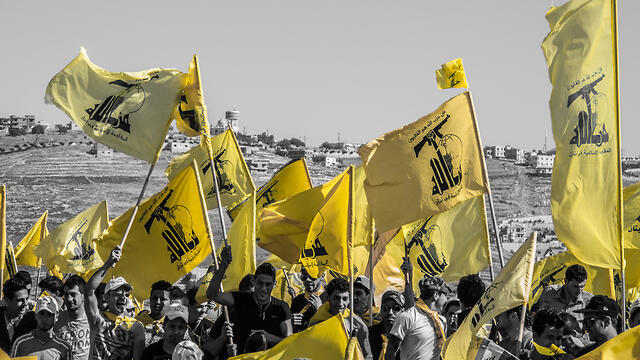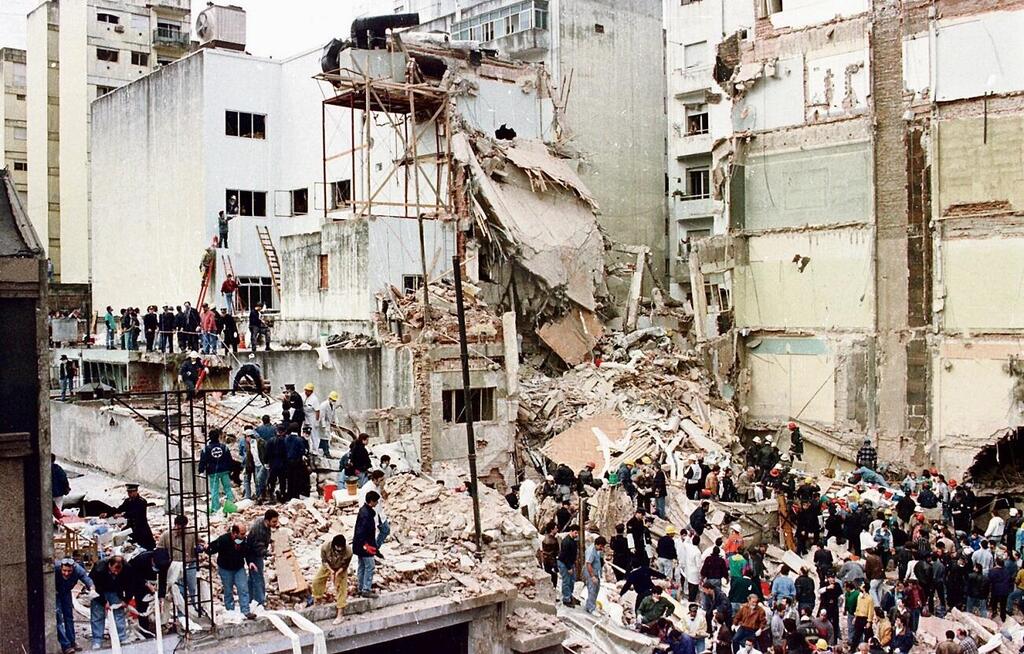Getting your Trinity Audio player ready...
As Israel retaliated against Hamas in October 2023, the FBI was already warning of the growing risk of associated global attacks.
A month later, on November 8, there was evidence of that threat in Latin America: Brazilian Federal Police uncovered a plot by alleged Hezbollah operatives to attack Jewish targets in the country.
The Brazilian police–with support from Mossad arrested two men with reported ties to Hezbollah for allegedly planning major terror attacks on Jewish targets, such as synagogues and the Israeli embassy in the country.
Brazil is home to Latin America’s second-largest Jewish community, after Argentina, and the arrests raised alarms about the region’s vulnerability to terrorism.
Latin America is no stranger to terrorism, with its long history of terrorist attacks by local groups—including the FARC and ELN guerrillas in Colombia, and the Shining Path in Peru—as well as the longtime presence of Hezbollah.
Yet little tangible recourse is evident for such attacks. Only in December 2023, the U.S. Department of Justice finally announced terrorism charges against a high-ranking Hezbollah member for the bombing of a Jewish community center in Buenos Aires that killed 85 people in 1994.
Aside from large-scale terror attacks in Latin America, drug trafficking remains a primary source of terrorist funding in the region, often in collaboration with local drug cartels to launder illicit proceeds.
Drug trafficking generates millions of dollars annually and represents an attractive funding source for many terrorist organizations globally, and Hezbollah is no exception in Latin America. Iran’s significant financial support of Hezbollah has allowed the Hezbollah drug trafficking circles to expand along with their subsequent influence from Latin America to Europe, Africa and the Middle East.
The Latin American trafficking network also significantly impacts the United States by trafficking illicit substances to over 1,000 cities, including cocaine, methamphetamine, cannabis, amphetamine and Captagon. As the largest consumer of these drugs, the U.S. faces heightened risks.
Furthermore, the terrorist-criminal nexus, which focuses on training and utilizing local criminals in the illicit drug trade, has helped to nearly double the crime rate in various Latin American countries.
As the world's attention focuses on the conflict in the Middle East, the direct diplomatic influence of Iran in Latin America must be recognized, with Venezuela as its Latin American spearhead. Using Caracas in Venezuela as an easy base for their subversive activities in Latin America, Iranian-financed Hezbollah covers a criminal-terror network throughout the tri-border area of Brazil, Paraguay and Argentina that generates important revenue for the terrorist organization.
Get the Ynetnews app on your smartphone: Google Play: https://bit.ly/4eJ37pE | Apple App Store: https://bit.ly/3ZL7iNv
Largely driven by drug trafficking, Hezbollah operatives also have strong connections to Venezuela’s sizable Lebanese community and they can largely move to and from Venezuela discretely given the country’s cordial relations with Iran.
 Jennifer Teale
Jennifer TealeIdeologically, the two regimes are similar in that they both preside over authoritarian systems of government and harbor fervent anti-American sentiments. In the past two years alone, Iran has invested heavily in Venezuelan oil refineries and assisted President Nicolas Maduro's regime revive their struggling oil industry.
Given Latin America’s history of local and international terrorism and the conflict in the Middle East, there is an obvious need for greater hemispheric cooperation to combat terrorism in the region. Without greater U.S. support, it is not clear that Latin America’s law enforcement and intelligence efforts have the capacity to detain and dismantle terrorist networks such as Hezbollah in the region.
Yet the U.S. national security focus remains tilted toward other great powers with China and Russia and away from combatting international terrorism in this hemisphere.




